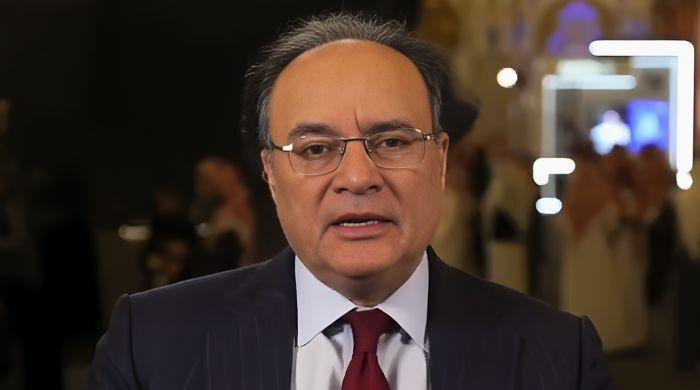How giant roosters became 'golden-egg laying geese' for Brazilian farmer Rubens Braz
Some twenty years later, Rubens Braz now raises giant roosters for small-scale farming and hobby purposes in central Brazil
September 13, 2023
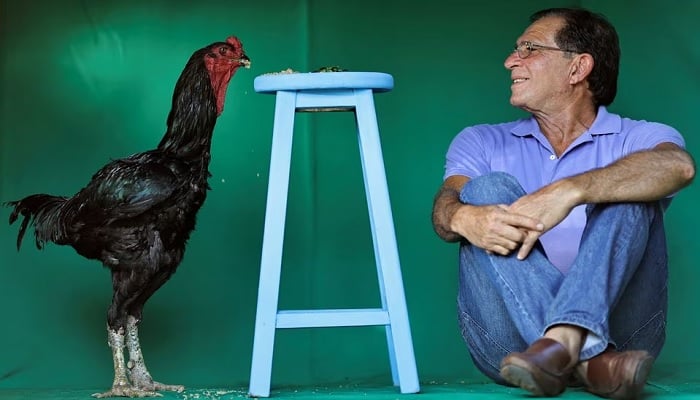
When poultry farmer Rubens Braz was gushing over the first batch of newly hatched chicks, little did he know that his hobby of breeding Brazilian chickens would become a business venture of 'giant' proportions.
Some twenty years later, he now raises giant roosters for small-scale farming and hobby purposes in central Brazil and is making a living from surging sales across the country.
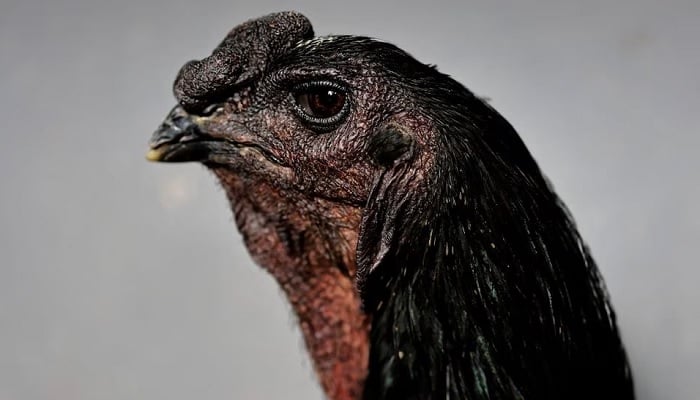
His birds, called "Giant Indian Roosters," can grow over 120 centimetres (47 inches) tall.
The gargantuan fowl, which are awaiting formal recognition as a new breed, can fetch as much as 20,000 reais ($4,000) each, Braz said, from some of the thousands of interested breeders in the country.
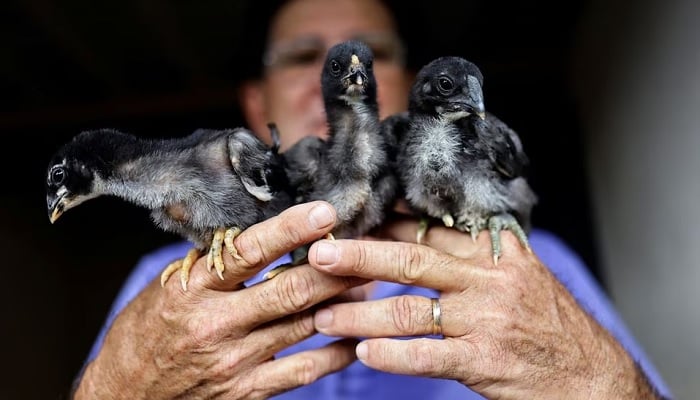
"It was a hobby at first," he said in an interview at one of his nurseries in the state of Goias. "Then other breeders got interested and today we have a commercial operation."
His firm, called Avicultura Gigante, is still a niche player in Brazil, the world's largest poultry exporter and home to major meatpackers including BRF (BRFS3.SA) and JBS (JBSS3.SA).
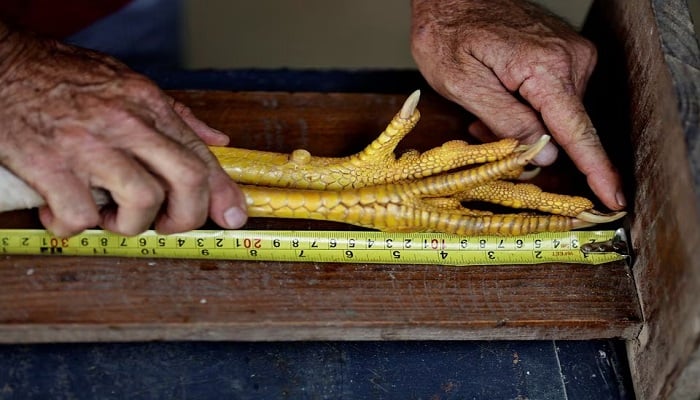
As the global avian flu crisis has put a damper on business this year, limiting the transport of live animals in Brazil, Braz said he has focused on supplying fertilized eggs to nearby farmers. His own farms house some 300 birds.
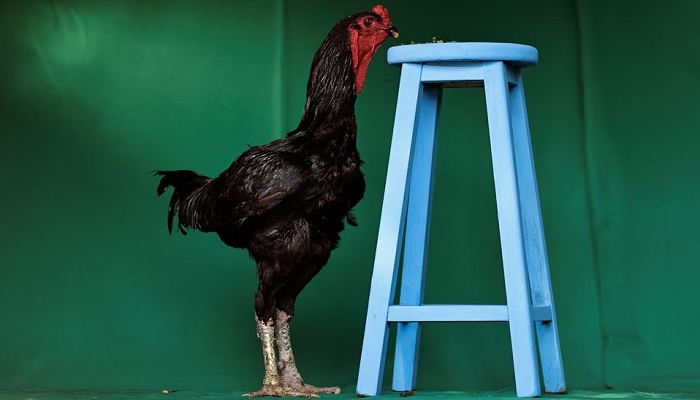
While that is not enough to serve the meat industry, he said there is plenty of demand from collectors and farmers looking to bolster their flocks of "caipira" chickens, or cage-free animals raised on small properties mainly for subsistence purposes.









